The following is a small selection of philanthropists who have exploited the potential power of media as part of a wider philanthropic or commercial arsenal:
Pierre Omidyar
Founder of eBay Pierre Omidyar has, in his own words, a maturing ‘interest in supporting independent journalists in a way that leverages their work to the greatest extent possible, all in support of the public
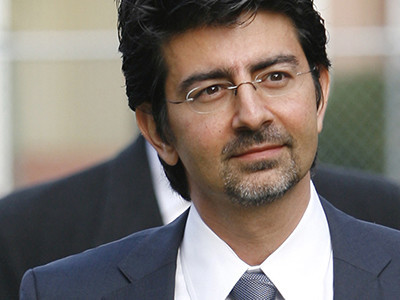 interest. And, I want to find ways to convert mainstream readers into engaged citizens’.
interest. And, I want to find ways to convert mainstream readers into engaged citizens’.Omidyar, who remains chair of eBay, is apparently very concerned about government-spying programmes, exposed by ex-Guardian correspondent Glenn Greenwald. He is quoted in a news article in Businessinsider.com as saying that he ‘explored purchasing the Washington Post’ before Jeff Bezos actually did so, but instead, founded Intercept in 2013, a journalism site focused on transparency, civil liberties and national security and led by Glenn Greenwald. Omidyar had previously set up Honolulu Civil Beat, a news website covering public affairs in Hawaii, which aims to create a new online journalism model with paid subscriptions, though it is unclear how successful it has been.
No longer involved in day-to-day operations at eBay, he stressed that his venture would remain separate from his numerous philanthropic, business and political interests, run mainly through an entity called the Omidyar Network. According to Forbes, Omidyar’s net worth stands at $10.2 billion.
For more, see omidyargroup.com
Laurene Powell Jobs
In July this year, Laurene Powell Jobs, Silicon Valley entrepreneur and philanthropist, acquired a majority stake in The Atlantic magazine, which she called ‘one of the country’s most important and enduring journalistic institutions’.
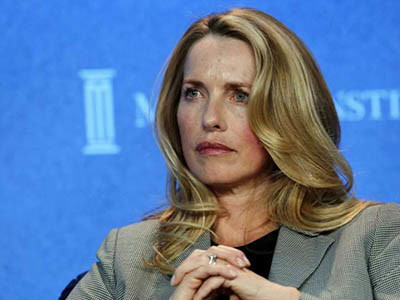
In the past, she has taken a minority stake in Hollywood studio Anonymous Content and has supported non-profit journalism through investments in the Marshall Project and ProPublica.
David Bradley, from whom she acquired the stake, will continue as chair of The Atlantic’s parent company, Atlantic Media. Jobs is not buying a share in a lame duck. According to one source, digital advertising now accounts for 80 per cent of revenue. The company altogether attracts a monthly audience of 33 million and makes a profit of ‘well above $10 million per year’.
For more see tinyurl.com/recode-jobs
Robert Mercer
Robert Mercer and the Mercer Family Foundation are significant supporters of media. Mercer is a major backer of the Media Research Center, which describes itself as having an ‘unwavering commitment to neutralising leftwing bias in the news, media and popular culture’.
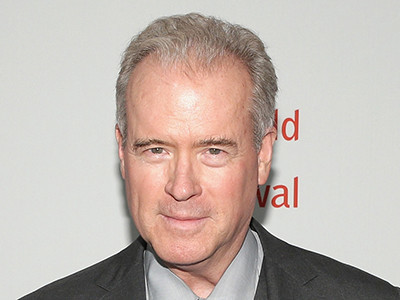 Through his hedge fund, Mercer has funded the self-styled media watchdog to the tune of over $10 million in the past decade according to an article in the UK’s Observer. Beginning as a computer scientist at IBM, Mercer went on to become CEO of Renaissance Technologies, a hedge fund that makes its money by using algorithms to model and trade on the financial markets. Initially a supporter of Ted Cruz in the 2016 US presidential race, he transferred his allegiance to Donald Trump, becoming his biggest donor.
Through his hedge fund, Mercer has funded the self-styled media watchdog to the tune of over $10 million in the past decade according to an article in the UK’s Observer. Beginning as a computer scientist at IBM, Mercer went on to become CEO of Renaissance Technologies, a hedge fund that makes its money by using algorithms to model and trade on the financial markets. Initially a supporter of Ted Cruz in the 2016 US presidential race, he transferred his allegiance to Donald Trump, becoming his biggest donor.The Observer also claims that it was $10 million of Mercer’s money that enabled Steve Bannon to fund right-wing news site Breitbart in 2012. Set up with the express intention of being a Huffington Post for the right, it is now a popular site with two billion page views a year and is the biggest political site on Facebook and on Twitter.
For more, see tinyurl.com/Mercer-Obs
Jeff Bezos
It might not be out of place to mention Jeff Bezos in this list, though his purchase of the Washington Post in 2013 was not a philanthropic initiative – at least, not expressly. The founder of Amazon claims he bought the newspaper because he wanted to make it into a more powerful national – and even global – publication, and that The Post was well situated to be a watchdog over the leaders of the world’s most powerful country.
 Since his takeover, the Post’s readership has grown and its content ‘has become more suitable for the digital world’, according to Business Insider UK. However, the path to newspaper ownership provides a commentary on the tensions between business and philanthropy. Fredrick Kunkle, who writes for The Washington Post’s Metro desk, castigated Bezos for expressing a desire to increase his philanthropic efforts despite a record of ‘treating [his employees] poorly’.
Since his takeover, the Post’s readership has grown and its content ‘has become more suitable for the digital world’, according to Business Insider UK. However, the path to newspaper ownership provides a commentary on the tensions between business and philanthropy. Fredrick Kunkle, who writes for The Washington Post’s Metro desk, castigated Bezos for expressing a desire to increase his philanthropic efforts despite a record of ‘treating [his employees] poorly’.In a piece published in the Huffington Post, he accuses Bezos of cutting retirement benefits, freezing a company pension plan and holding severance payments ‘hostage’ by requiring outgoing employees to drop any legal claims to receive payment. Kunkle’s article also notes ‘Amazon’s history of dodging taxes, its mistreatment of workers, and its ruthlessness toward even the smallest competitors have been well documented’.
For more, see tinyurl.com/HP-Bezos

 nl
nl
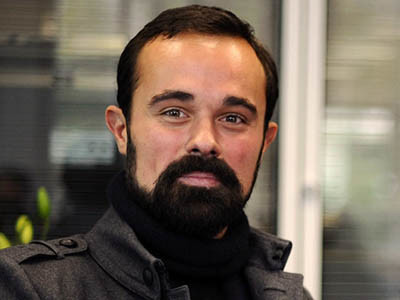 elephants and Great Ormond Street Children’s Hospital in London and, through the Independent’s website, has campaigned against modern slavery. But while they have put an estimated £120 million into British newspapers, the Lebedev’s ownership of the two newspapers is by no means a piece of philanthropy. The Evening Standard, in fact, though close to bankruptcy when acquired, now makes a profit according to an article in
elephants and Great Ormond Street Children’s Hospital in London and, through the Independent’s website, has campaigned against modern slavery. But while they have put an estimated £120 million into British newspapers, the Lebedev’s ownership of the two newspapers is by no means a piece of philanthropy. The Evening Standard, in fact, though close to bankruptcy when acquired, now makes a profit according to an article in  Zuckerberg is not a philanthropist who acquired a tech media company, but someone who became rich – and from there, a philanthropist – by creating one.
Zuckerberg is not a philanthropist who acquired a tech media company, but someone who became rich – and from there, a philanthropist – by creating one.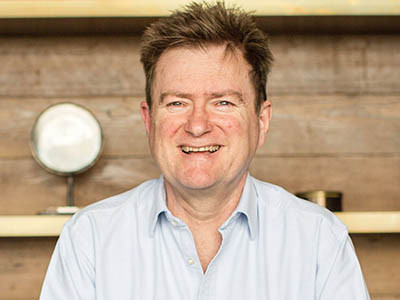 eventually paving the party’s entry into coalition government with the Conservatives in 2010.
eventually paving the party’s entry into coalition government with the Conservatives in 2010.